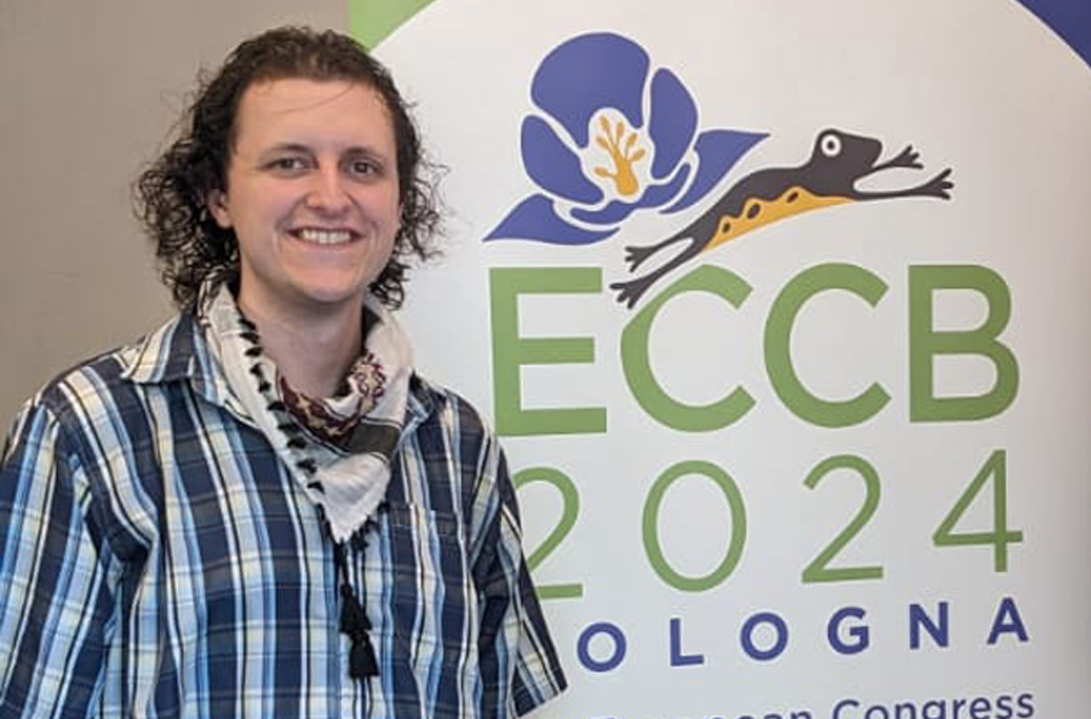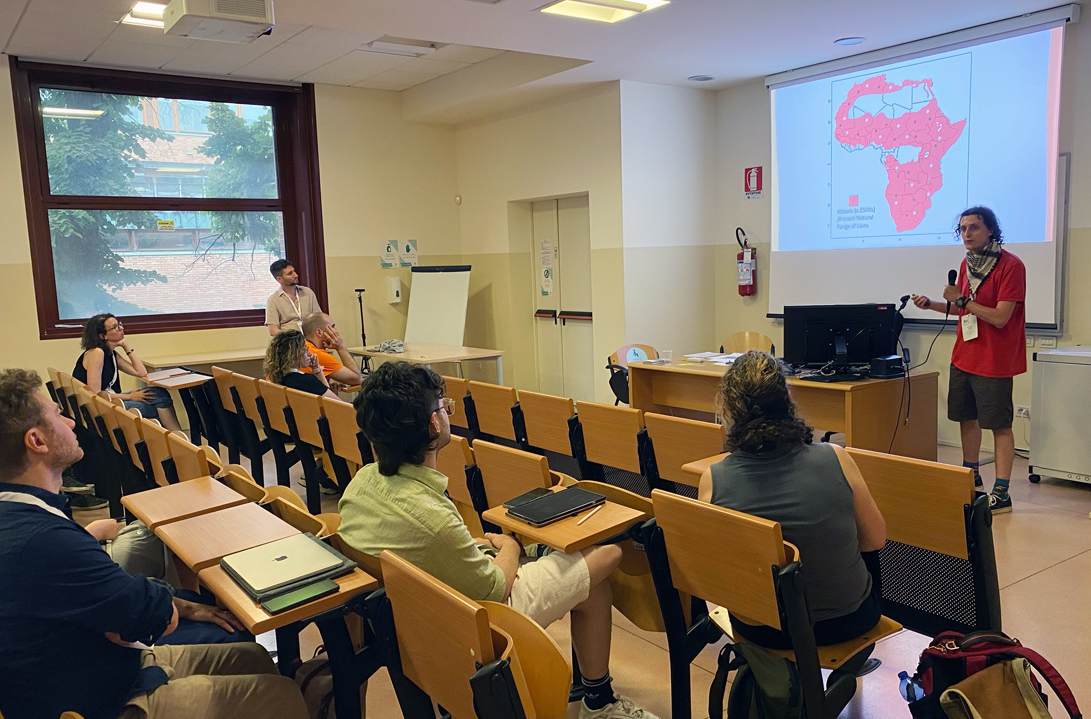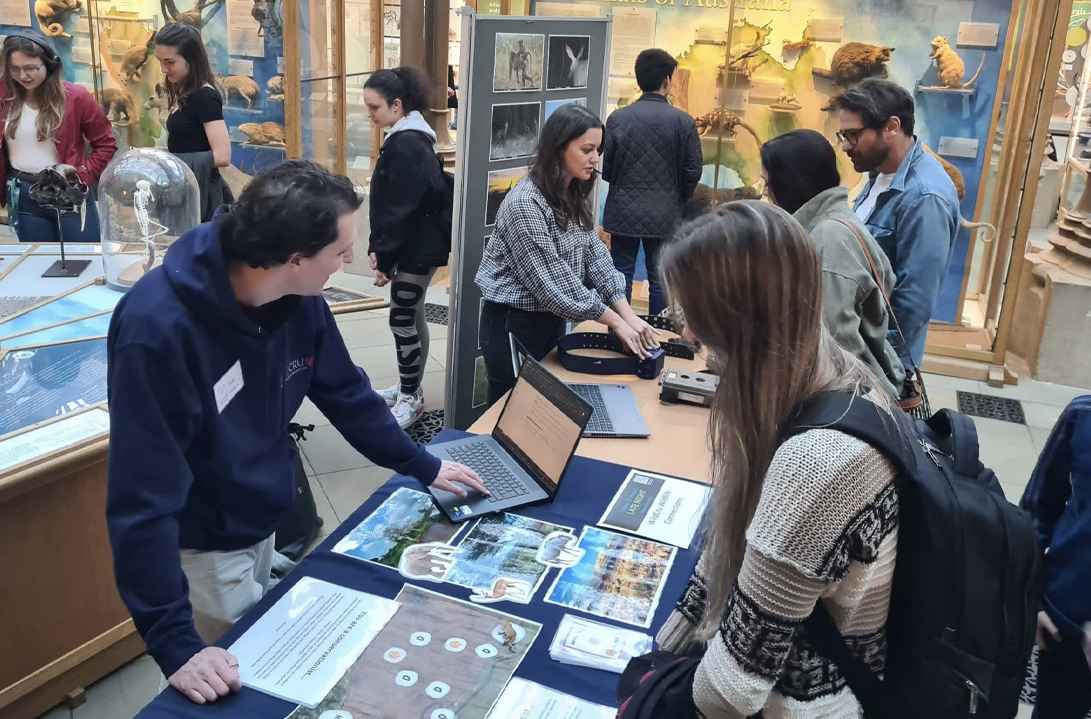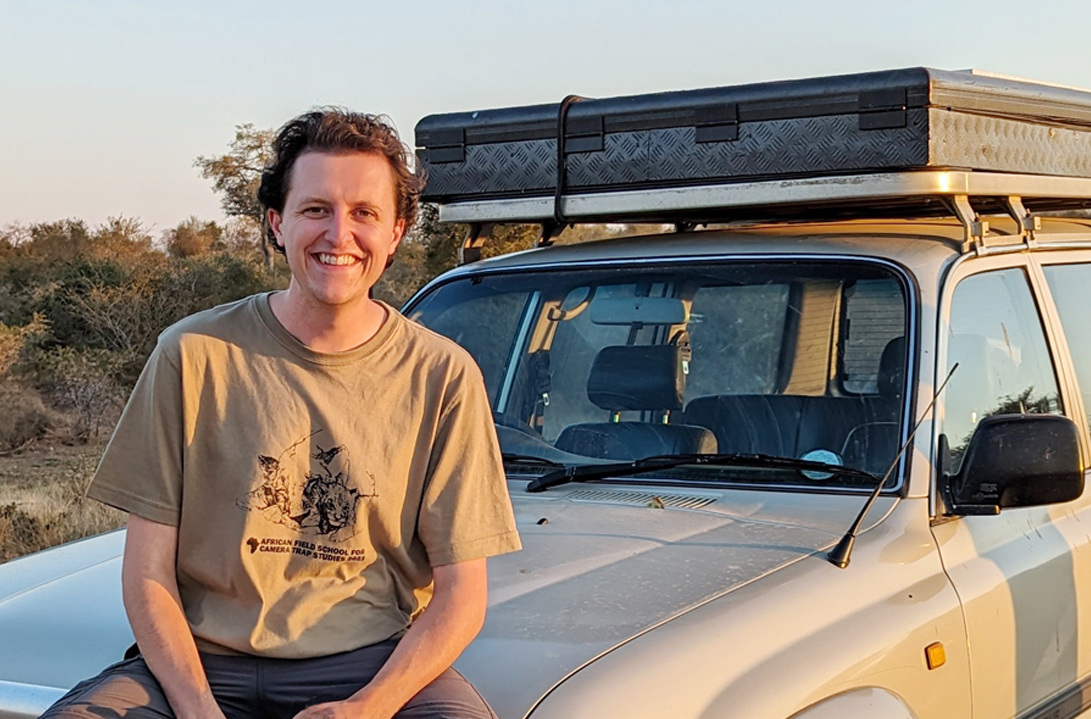Understanding the long-term impacts of climate change on organisms’ habitat suitability and behaviour is pivotal for the conservation of endangered species. This project is assessing how climatic suitability for lions (Panthera leo) will change over the 21st Century and across the continent through use of contemporary modelling techniques, records of lion presence over time and a novel blend of ecology and palaeobiology. Machine learning is also being used with tracking data and acoustic monitoring techniques in southern Africa to quantify lion behaviour alterations under climate change.
CONSERVATION CONTEXT
Conservation action is often grounded in our present or recent understanding of how species behave and/or their current geographic range. However, the landscape changes associated with anthropogenic climate change pose a threat to many of the world’s endangered species. There is limited understanding in how megafauna will be affected in the long-term, and how we can better combine sources from different fields – ecology, palaeontology, conservation science – to produce more realistic results. I’m aiming to rectify the relative deficit in both academia and conservation regarding the impact that rapid climate change will have on lions by predicting climatic risk across the species’ entire range using data from across long timescales.




APPROACH
This multi-faceted project includes ecological niche modelling, conservation palaeobiology and machine learning. This involves projecting models forward under contrasting climate scenarios to highlight areas at risk, and using palaeontological archives to reinforce estimations of climatic risk to populations and assess long-term changes to lion habitats. Machine learning is being used with tracking and acoustic technology to identify changes in lion behaviour under extreme weather conditions.
The project’s novel, interdisciplinary techniques will provide holistic evidence on the climatic threats to lions. Results will be shared with researchers and policymakers regarding strategies to “climate-proof” conservation.
PROJECT MEMBERS
Tom Pavey leads this PhD project. He is supervised by Professor Andrew Loveridge, Professor Erin Saupe (Department of Earth Sciences), Dr Paul Johnson and Dr Benjamin Shipley (Department of Earth Sciences).
PROJECT PARTNERS
Two of Tom’s supervisors are from the Saupe Lab in the Department of Earth Sciences.
Funding is generously provided through the Valerie Mitchell WildCRU LMH Scholarship.

